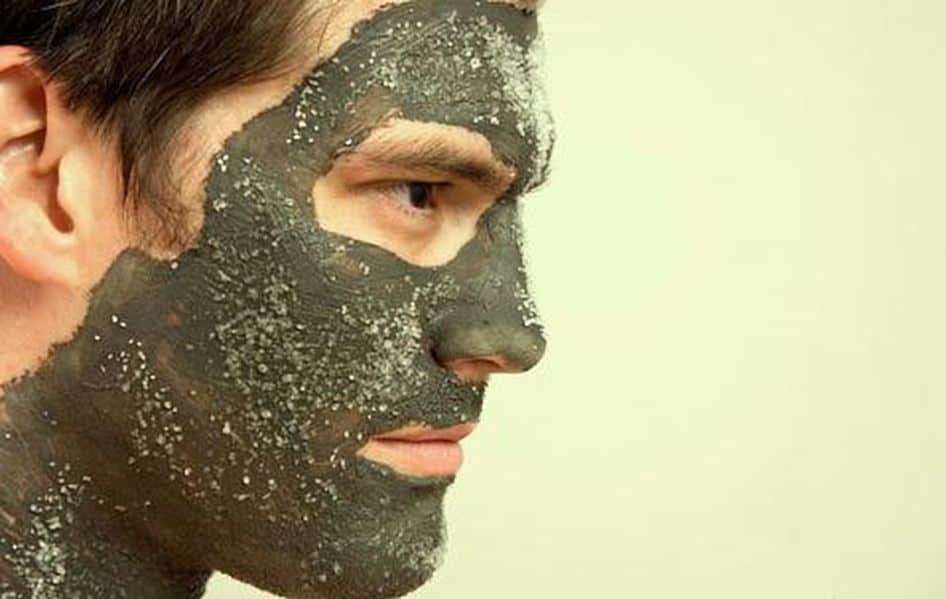
What does exfoliation mean? Why should I exfoliate? How do I choose the best exfoliant?
“Exfoliation” is a term you hear often in skin care. Let’s go through the basics.
What does exfoliation mean?
Your skin makes millions of skin cells each day. As they mature, they move their way to the top layer and eventually fall off. This process takes about one month, on average. So every month, you have a totally new skin!
Exfoliation is the process of removing dead skin cells from your skin’s outermost surface. This outermost layer is called the epidermis, specifically the stratum corneum. This layer is like a brick wall: your skin cells are the bricks and your natural lipids (“oils”) are the mortar between them.
If everything is working correctly, this outermost layer will protect the layers beneath your skin from external injury, bacteria and dehydration.
Why should I exfoliate?
Unfortunately, as we age, the natural cycle of our skin slows down. New skin cells are not made as quickly and old cells start to pile up on the surface, leaving your skin looking dry, dull, and rough. So we need to help our skin by exfoliating it.
Exfoliating is important because it removes the barrier of dead skin cells clogging your skin and uncovers the fresh, new cells below.
- help topical products to be more effective because they can penetrate the skin better.
- makes skin feel smooth and appear bright and healthy.
- minimizes signs of aging (fine lines, wrinkles, sagging skin)
- treats and prevents blackheads and pimples.
- treats and prevents ingrown hairs (a particular concern for men who shave regularly).
How can I exfoliate?
There are two main categories of exfoliation: mechanical and chemical.
Mechanical exfoliation involves rubbing the skin in order to lift away dead skin cells from the skin’s surface. One popular method is with a facial scrub, which is a cream or gel containing something coarse to scrape off the dead skin, such as pumice, salt, ground nut shells, microbeads, etc. Another method is with a coarse scrub towel, loofah, brush or ultrasonic device.
Chemical exfoliation involves using acids and enzymes to provide a deeper (and sometimes gentler) exfoliation for the skin. There are four types of chemical exfoliations:
1) Enzymes 2) AHAs 3) BHAs 4) AFAs
In our next article, we will explain the differences between these four types.
How do I choose which exfoliation is right for me?
Mechanical exfoliation is recommended if your goals are any of the following:
- feel smooth and shed peeling skin
- get a smoother shave
- prevent ingrown hairs
If you have sensitive skin or barrier-compromised skin (dermatitis, eczema, psoriasis), we suggest that you avoid mechanical exfoliation because scrubbing may be too abrasive.
Chemical exfoliation is recommended if your goals are any of the following:
- look younger
- brighten skin tone
- minimize dark spots and pigmentation
- boost hydration levels
- treat and prevent blackheads, pimples and ingrown hairs
Chemical exfoliants can help you achieve these goals because they can penetrate deeper into the skin.
I hope this article helps you understand exfoliation in a simpler way. If you have any questions, send us an email and we will happily clarify anything you need.
Be sure to check out our upcoming article: 4 Types of Chemical Exfoliants


